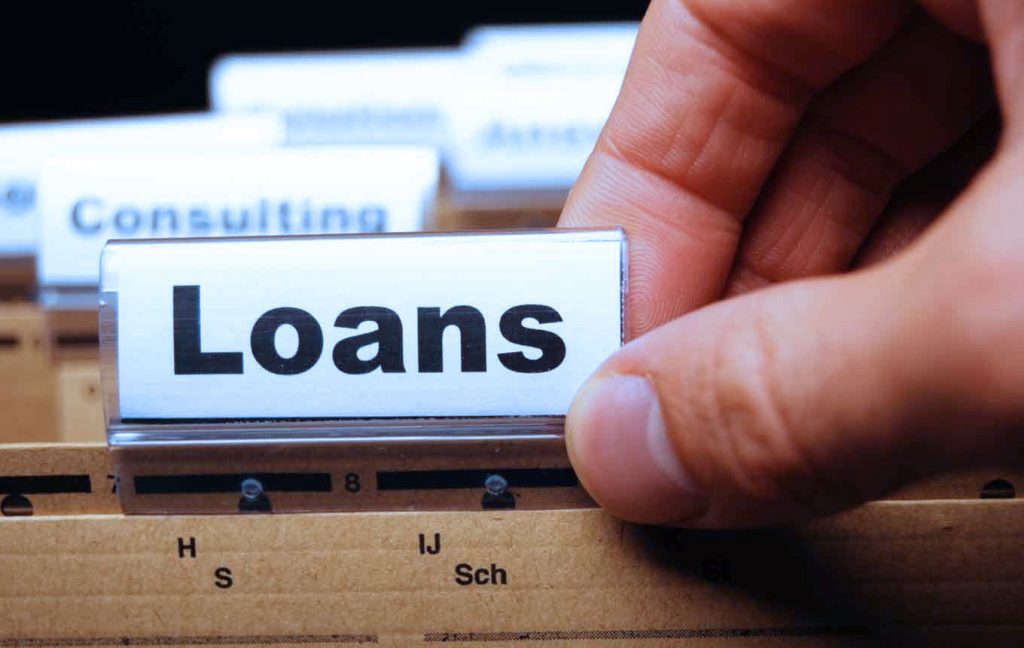A personal loan can be useful for paying off credit card debts, moving or traveling expenses, or financing a startup business or venture. When you’re approved for a personal loan, you can use the money right away to pay for these expenses. Then you just need to make monthly payments toward the loan.
Personal Loan Information
Whether you apply for a traditional bank loan or a loan from another type of lender, you will have the option to apply for either an unsecured personal loan or secured personal loan. The latter requires collateral while the former does not.
Following the 2008 recession, lenders have been stricter on loan approvals, especially on their unsecured loans. If your credit was damaged during the recession or sometime more recently, you should investigate the options available for fixing your credit before applying for a personal loan.
Even if you think you know about this process, the information is changing all the time. Make sure you know the current information about the payments process and applications process before you apply. Below is some helpful information that should answer any questions you have about personal loans.
Loan Applications
If you have poor credit, it can be challenging to get a personal loan. Fortunately, there are alternative options for you to consider.
If you go to a bank for a personal loan, you need to understand the application process. You also need a great credit score and credit report which shows a consistent history of making your payments on time. The banker will ask you why you’re requesting the loan and how come you’re choosing a personal loan rather than another type of loan.
The loan amount you get approved for will depend on how likely you’ll be able to pay back the loan. That is why banks will look at your credit rating above all else. Therefore, make sure you have good credit prior to applying for a personal loan at a bank.
Personal loans vs. auto loans
Personal loans are usually unsecured loans whereas auto loans are not. Missed payments on a personal loan won’t result in the lender taking your house, car or any other collateral. However, the lenders will report your lateness to the 3 main credit bureaus which will damage your credit rating. In some cases, the lenders may sue you to retrieve their money.
 Obtaining the Proper Loan Amount
If you have a good credit score, then chances are that a lender will approve your loan application for the amount you asked for. But if you have a bad credit score, then you will need to discuss ways to repay the loan with your lender.
Sometimes a bad credit rating may have a good reason behind it. If that can be discussed with the lender and it sounds logical to them, they may take it into consideration. For instance, if you fell into a coma or suffered a long-term illness that incapacitated you, then a lender might not hold that against you if you talk to them about it.
On the flip side, if you have a history of maxing out your credit cards or staying unemployed, then lenders are not going to want to approve you for the loan.
Fixed Interest Rates
Personal loans have fixed interest rates. The worse your credit score is, the higher your interest rate will be. On the other hand, a good credit score will mean a lower interest rate.
Time Payment Period for the Loan
All loans have time payment periods, whether it’s a car loan, house loan, or personal loan. In other words, your loan will have a set period of time for when the total amount must be paid back with interest. This could be anywhere from 24 months to 60 months. If your payment period has a long duration, they more money will be paid on the interest rather than on the principal amount.
Your best option will be to choose a short payment period so that your interest rate will be lower.
Obtaining the Proper Loan Amount
If you have a good credit score, then chances are that a lender will approve your loan application for the amount you asked for. But if you have a bad credit score, then you will need to discuss ways to repay the loan with your lender.
Sometimes a bad credit rating may have a good reason behind it. If that can be discussed with the lender and it sounds logical to them, they may take it into consideration. For instance, if you fell into a coma or suffered a long-term illness that incapacitated you, then a lender might not hold that against you if you talk to them about it.
On the flip side, if you have a history of maxing out your credit cards or staying unemployed, then lenders are not going to want to approve you for the loan.
Fixed Interest Rates
Personal loans have fixed interest rates. The worse your credit score is, the higher your interest rate will be. On the other hand, a good credit score will mean a lower interest rate.
Time Payment Period for the Loan
All loans have time payment periods, whether it’s a car loan, house loan, or personal loan. In other words, your loan will have a set period of time for when the total amount must be paid back with interest. This could be anywhere from 24 months to 60 months. If your payment period has a long duration, they more money will be paid on the interest rather than on the principal amount.
Your best option will be to choose a short payment period so that your interest rate will be lower.
